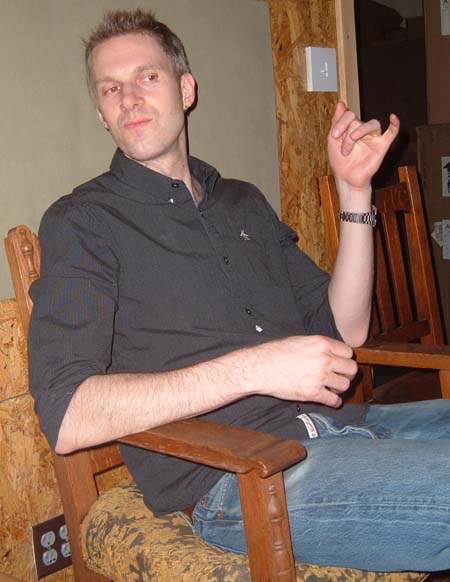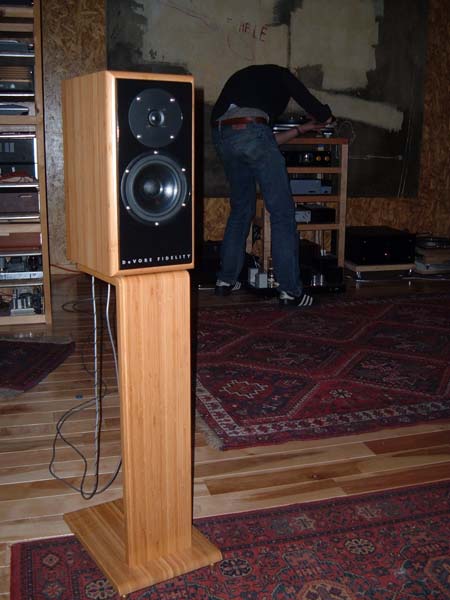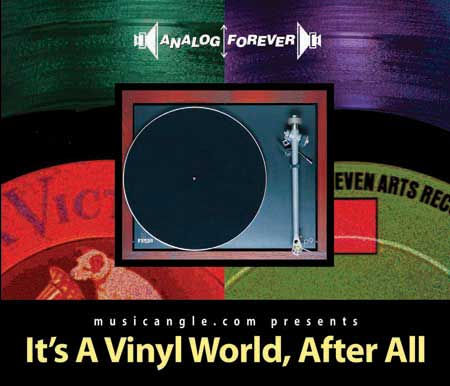Among the many compelling jazz pianists still around, Ran Blake may be the oddest (and the most unjustly, though understandably, obscure). He can’t swing for more than a few bars; he tends to change keys at random intervals; for this reason, he usually plays solo, figuring that few musicians have the patience for his quirks (though some of his best albums—<I>The Short Life of Barbara Monk</I>, <I>Suffield Gothic</I>, <I>That Certain Feeling</I>, and <I>Masters from Different Worlds</I>—were collaborative efforts, involving such established artists as Steve Lacy, Clifford Jordan, and Houston Person). Yet there’s magic in Blake’s music; his chords, dissonant but heartfelt, seem to waft out of a dream. Now in his 70s, a longtime teacher at the New England Conservatory, Blake has called himself a filmmaker who doesn’t know how to hold a camera, and his albums all have a cinematic flavor. (Many years ago, he recorded the soundtrack of Hitchcock’s <I>Vertigo</I> and told me afterward that he could see scenes of the film in his head while he was playing.) Even when not playing movie themes, his songs possess a narrative impulse; he’s a very instinctive pianist (by his own admission, he’s not a strong sight-reader), and he seems to have some weird synaptic nerve that translates images in his brain to chords and intervals in his fingers.






